A retired head teacher from Fife has expressed her pride in the schools, teachers and children who have helped make Scotland the world’s first Daily Mile nation.
Elaine Wyllie MBE, who lives in Burntisland, is the founder of the simple fitness initiative which began a decade ago with just a few pupils and now has nearly 4 million participants worldwide.
Over 188,000 primary school children in Scotland now get active for 15 minutes a day, with half of all primary schools signed up to the Daily Mile.
What is the Daily Mile?
The Daily Mile was started by Mrs Wyllie in 2012 when she was head teacher at St Ninian’s Primary School in Stirling.
Classes go outside to jog or run around the school grounds for 15 minutes every day.
Although it is named The Daily Mile, the distance is not compulsory.
The ethos of the scheme is inclusivity, enjoyment, and self-improvement over time.
Earlier this year, over 800 pupils from primary schools in Dundee took part in the largest ever mass Daily Mile in Baxter Park to mark its 10th birthday.
Elaine said: “I am absolutely delighted Scotland is the world’s first Daily Mile Nation.
“I think it is very fitting because it started in Scotland 10 years ago.
“More than 50 per cent of schools in Scotland are doing the Daily Mile which is really important, so I am absolutely delighted.”
What inspired the Daily Mile?
In February 2012 Elaine realised a class of 10 and 11 year-olds were unfit when they struggled to complete a run across a school field.
“I was covering a PE class and I asked the P6 class to warm up by running around the field.
“There were 30 of them and I couldn’t believe it – only a handful of them could run round the field without stopping.
In the first week they did it, the mental health benefits were really obvious – they were coming in sparkly-eyed and cheerful, glowing.”
Elaine Wyllie, founder of the Daily Mile.
“The rest were frankly exhausted.”
Later when she and the class teacher suggested daily exercise to the children, one wee boy told her: “Mrs Wyllie, we couldnae run the length of ourselves.”
Mental health benefits of the Daily Mile
Elaine continued: “In the first week they did it, the mental health benefits were really obvious.
“They were coming in sparkly-eyed and cheerful, glowing.
“Their teacher also reported they were much more settled once they were back in class.
“In less than a month every single one of them could run round the field without stopping.
“Soon the whole school was doing it,” she said.
“We didn’t set out to do anything revolutionary, it just kind of happened.”
Improvements in the children
Teachers report that children’s concentration, alertness and behaviour is much better after taking part in the Daily Mile.
Studies by the Universities of Edinburgh, Stirling, Highlands and Islands have also backed this up.
Three groups of thousands of children were tested – one went outside and did nothing for 15 minutes, one group did a bleep test – running to exhaustion – and the third did the Daily Mile.
Elaine said: “It was the Daily Mile group that had the best cognition and the best recall.
“It was nice because this confirmed what teachers were telling us.”
She added: “I am proud of the teachers and the children who do the Daily Mile.
“I would encourage more schools to sign up.
“We could see early on that we had stumbled upon something special.”
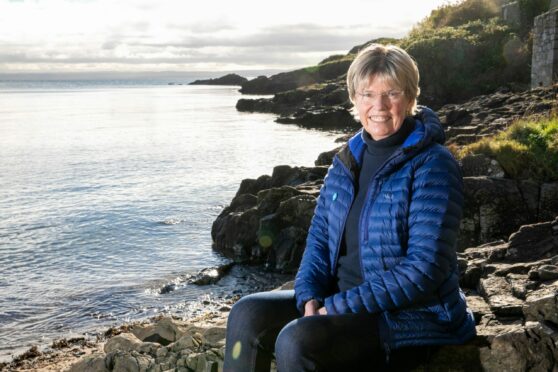
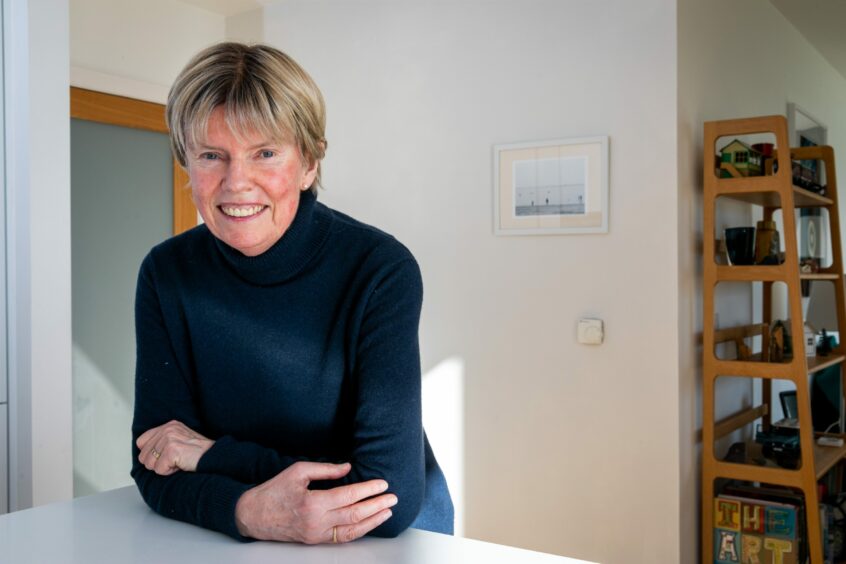
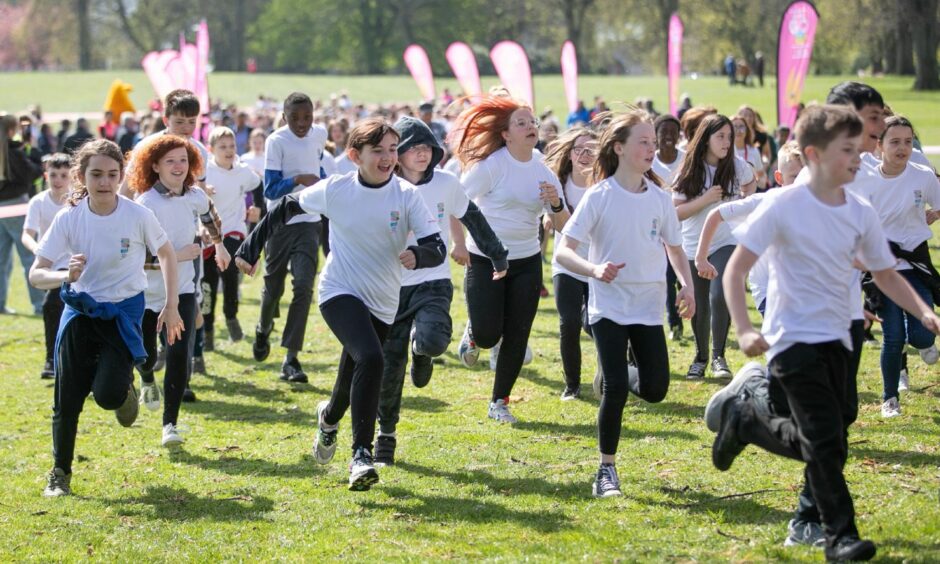
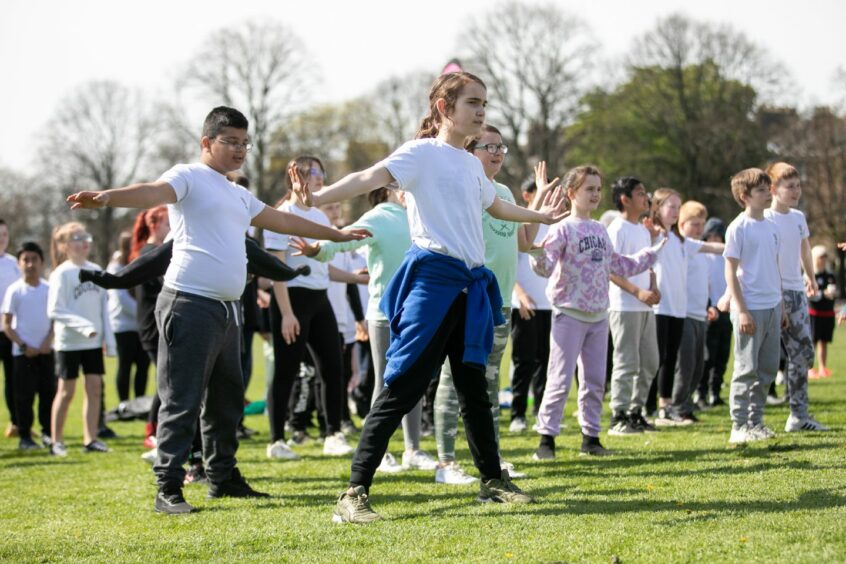
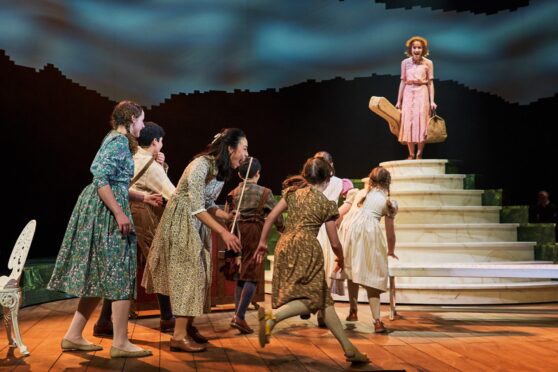


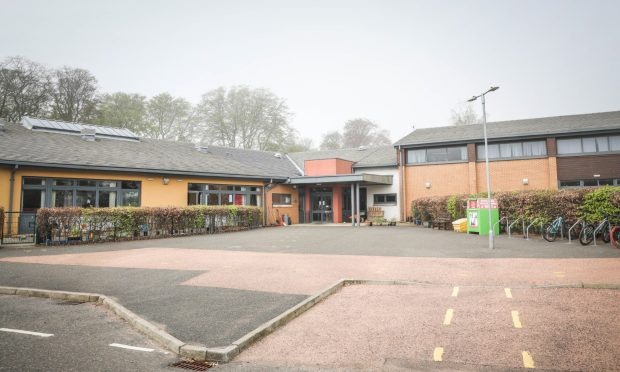






Conversation